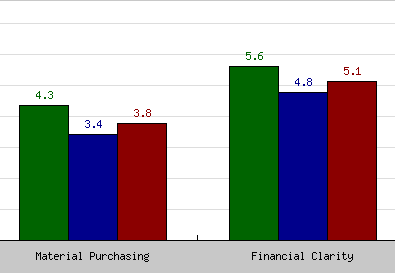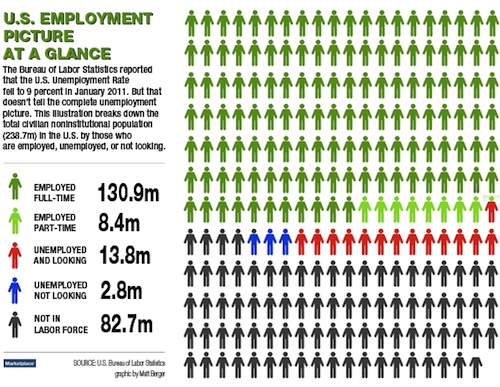“Experts generally advise entrepreneurs to ask for an amount that their loved ones can afford to never get back, and say the recent recession is in some cases proving this point.
‘The reality is most companies do not succeed,’ says William D. Bygrave, a professor of entrepreneurship at Babson College who co-wrote a 2010 study on the expectations and motivations of informal start-up investors, including family, friends and strangers.
Dr. Bygrave’s findings show that about half of such investors anticipate a positive return on their investment, while the other half expect to lose part or all it. ‘The closer the relationship between an entrepreneur and an investor, the lower the expected return,’ his research concludes.”
What do you think?
If you borrowed money from a family member for a business venture, how likely would you be to pay it back? Would you sign a formal agreement or try to keep the loan “casual?”



